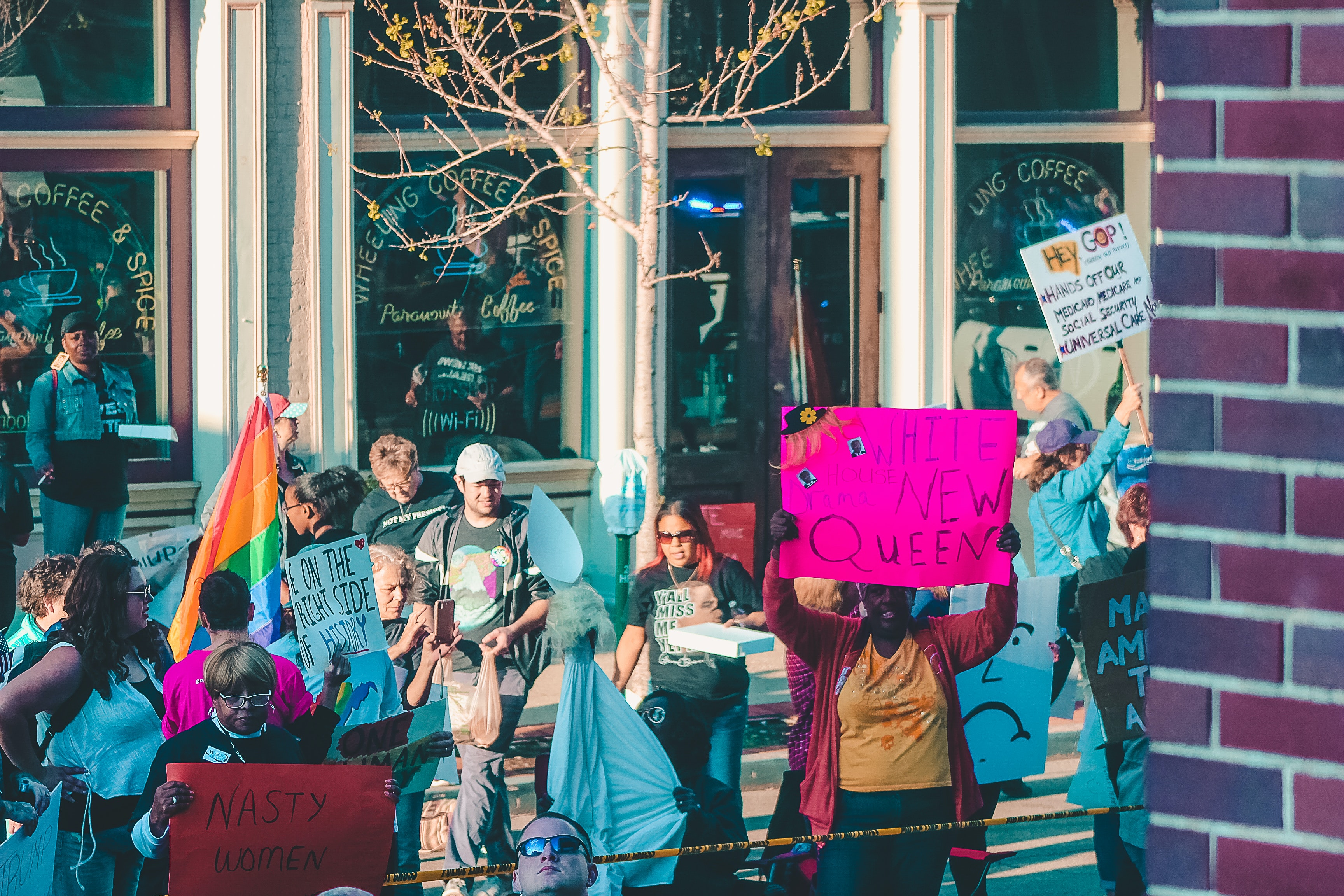The Istanbul Convention is widely recognized as the most far-reaching legal instrument to prevent and combat violence against women and domestic violence as a violation of human rights. The Republic of Moldova is the 35th state to ratify the Istanbul Convention through Law No 144 of 14th of October 2021. The instrument of ratification of the Convention on preventing and combating violence against women and domestic violence was deposited by the Permanent Representative of the Republic of Moldova to the Council of Europe in Strasbourg on 31st of January 2022. The Convention entered into force on 1st of May 2022.
Pursuant to Article 78 paragraph 2 of the Convention, the Republic of Moldova has submitted reservations to Articles 30 and 58 of the Convention. In view of Law No 144 of 14 October 2021, the Ministry of Labour and Social Protection is the institution responsible for implementing the provisions of the Convention.
The Convention creates a positive obligation for states to take measures to prevent domestic violence, protect and support the victims, as well as introduce substantive and procedural changes to the national legislation in this respect.
Although the Convention is a vastly positive and, safe to say, crucial development in the field of human rights protection, as well as the protection of female and child victims of violence in the Republic of Moldova, a country with chilling records of violence against women, its ratification came on the backsplash of an ample and carefully orchestrated disinformation campaign.
A previous study executed by WatchDog.MD highlighted the key narratives that were regularly promoted on various informational platforms. These narratives were conceived to evoke strong polarising emotions, such as fear, hatred and disgust and were vastly aligned with the Kremlin’s propaganda agenda aimed at fortifying its position as the citadel of the so-called “traditional values” by antagonizing the West and its “decaying morals”. A non-exhaustive list of the disinformation narratives concerning the Convention that were intensely promoted in the periods preceding the ratification, and most importantly, during election campaigns between 2015-2020 is presented below:
- Corruption of moral values and the imminent collapse of the West as a result
This narrative aims to highlight the West’s alleged moral depravity, which is illustrated by the abandonment of Christian values, extreme sexual decadence, the decay of traditional families as a core societal unit, as well as the excessive empowerment of the youth.
- Desecration of traditional gender roles in the West
The focal point of this narrative is the subversion of traditional gender norms in the West. Inflammatory language is used to present imminent dangers of Western gender agenda: the emergence of the so-called “quasi-males”, the “gay dictatorship”, lack of gender based differentiation, dictatorial feminism and the masculinisation of females.
- Western subversion through “gender ideology”
This narrative highlights the fact that the so called gender ideology is weaponized by the West and promoted by civil society groups and various entities, as well as international organisations through international treaties. It holds that Western LGBTQ+ elites force homosexuality upon societies with traditional values, in the Russian sphere of influence.
- Russia as the sole power safeguarding traditional Christian values
This narrative aims to fortify the image of Russia as the regional power safeguarding Christian traditional values and morals, juxtaposed to the vilified and degrading image of the West.
- Sexual aggression caused by others
The target of this narrative is portraying Muslim, Ukrainian and Jewish men, as well as NATO soldiers as widely responsible for sexual violence against women.
- The complicity of occidental elites, the mass-media and judicial systems
This narrative is centred around the fact that Western authorities, judicial systems and mass-media conspire to deny accountability to Muslim men for acts of sexual violence against women.
- Extreme or excessive tolerance in the West
The focal point of the narrative is to portray Western societies as having an ill and distorted view of reality, resulting in excessive tolerance and complete eradication of traditional values.
It is important to note that the narratives described above, in the time-frame preceding Moldova’s accession to the Istanbul Convention, permeated the informational space with high intensity, being actively employed during electoral campaigns. In the aftermath of the ratification, the occurrence of these narratives diminished significantly. Thus, it can be inferred that the purpose of the narratives described above was to fuel the geopolitical divisions in the Moldovan society for political gain. In other words, during electoral campaigns, voices supporting pro-Russian candidates weaponized the issue of the ratification of the convention to gain political capital by portraying democratic forces, advocating for the ratification, as seeking to dismantle traditional values. Hence, these narratives have been dropped almost entirely when they failed to fulfil their purpose of discrediting pro-democratic forces during previous elections. With the tense context in the region, the focus has, instead, shifted to other narratives, pertaining to issues regarding the EU-candidacy status of the Republic of Moldova, as well as the way the current government handles the energy crisis, for example.
Conclusion
After the ratification of the Istanbul Convention, no new narratives were identified. However, it has been established that the frequency of the aforementioned narratives has significantly diminished in the aftermath of the ratification. Instead, new narratives pertaining to different issues have emerged. From this, it can be concluded that the disinformation campaign regarding the Istanbul Convention had as its goal to antagonize pro-democratic forces and portray them as a threat to traditional values, while heavily painting Kremlin as the power safeguarding Christian moral beliefs.
Author: Vatavu Otilia, WatchDog.MD
image source: Rosemary Ketchum via pexels.com

